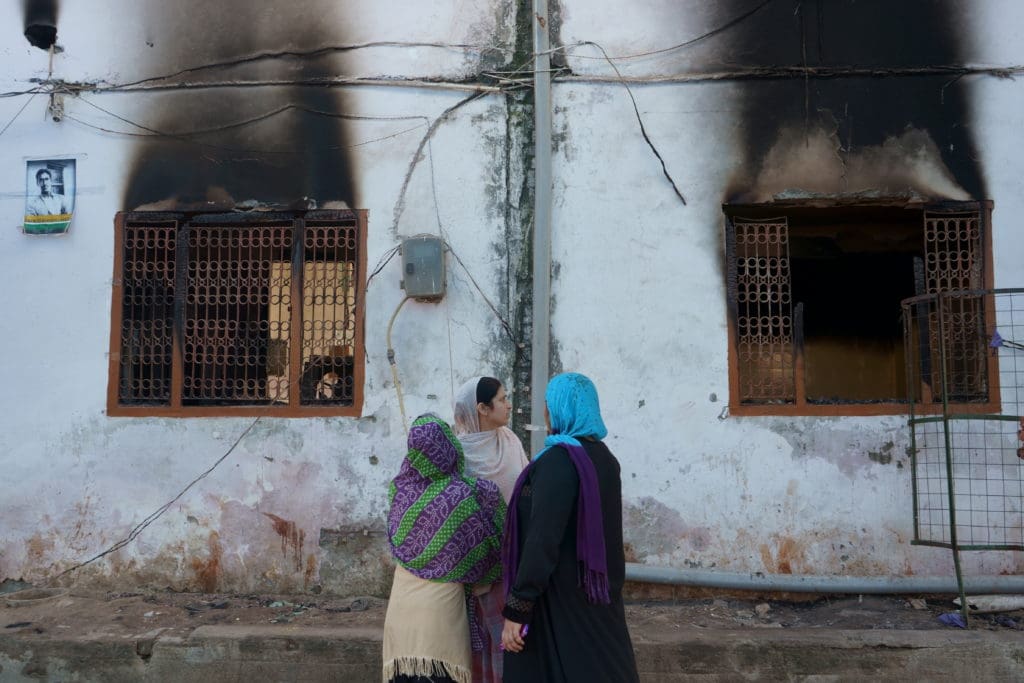
By Anando Bhakto
There weren’t many elements of a pulsating election rally when National Conference leaders took the podium at Wopzan, roughly 50 km south of Srinagar, the capital of the union territory of Jammu and Kashmir (J&K). In this quiet, picturesque village tucked under the formidable mountain ranges of Bijbehara, there was no throwing of rose blossoms by ebullient party workers. No blaring of slogans on loudspeakers. No blinding emission of light from the equipment of camerapersons hoping to record.
But nearly a thousand people waited patiently to hear the leaders speak. This was an impressive turnout for a small hamlet in Anantnag district, where alienation festers and where polling turnout was just 8.76 percent in the 2019 national elections. The people’s faces conveyed the urgency they attach to the ongoing elections, which are being held to elect the 18th Lok Sabha, India’s lower house of Parliament.
The Kashmir Valley has only three of the total 543 constituencies — Srinagar, Baramulla, and Anantnag-Rajouri. But people described the import of the elections in stark and chilling terms: a demonstration of their anger over the New Delhi-controlled, bureaucratic power apparatus, which is administering J&K in the aftermath of August 5, 2019, when India’s Bharatiya Janata Party (BJP) government revoked J&K’s special status by a presidential proclamation.
The crowd erupted into applause when Bashir Veeri, the NC campaigner, raised his party’s pitch: “Let it be a vote against those who have shut our mosques, taken away our rights and dignity.”
On the sidelines of the public meeting, Veeri told this reporter that the NC has always been at the forefront of the battle against autocracy. “Right from 1931, at the height of the Maharaja’s [Maharaja Hari Singh, the last ruler of the then princely state of J&K] despotic rule, our leaders and workers sacrificed their lives to establish a just and democratic order. When militancy erupted in 1990, Farooq Abdullah [N.C. president and former chief minister of J&K] appealed to the youths to not take up arms, and also made sure elections were held successfully in Kashmir in 1996, leading to violent targeting of our cadre, nearly 5,000 of whom were hunted down by the insurgents,” Veeri recalled.
This story was originally published in thediplomat.com. Read the full story here.





